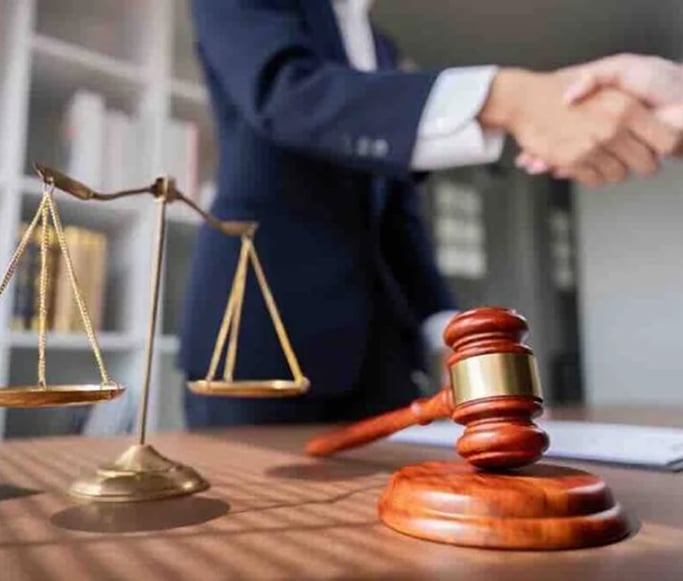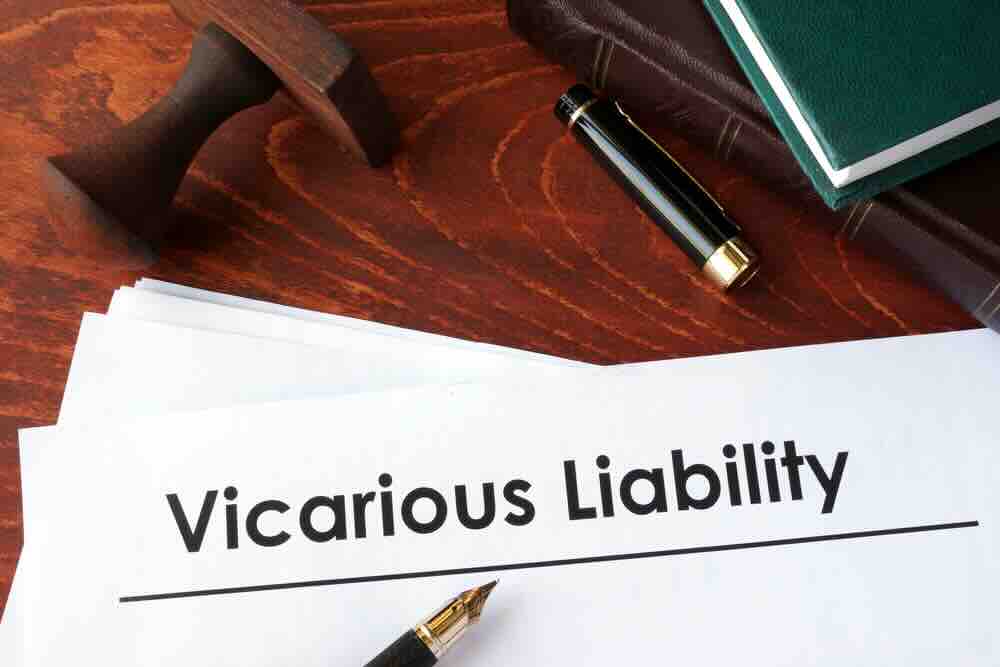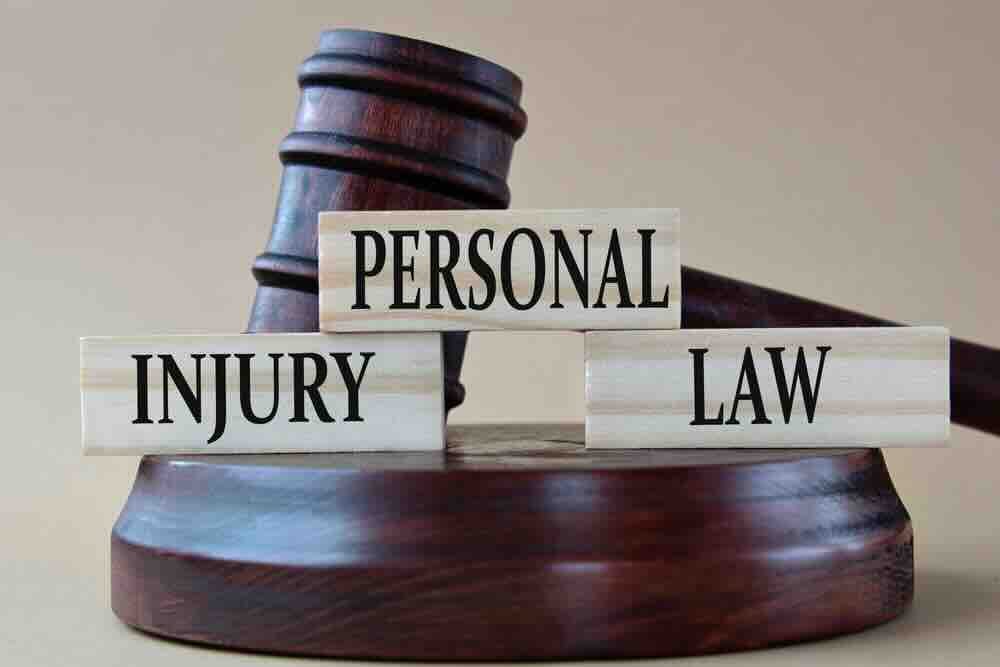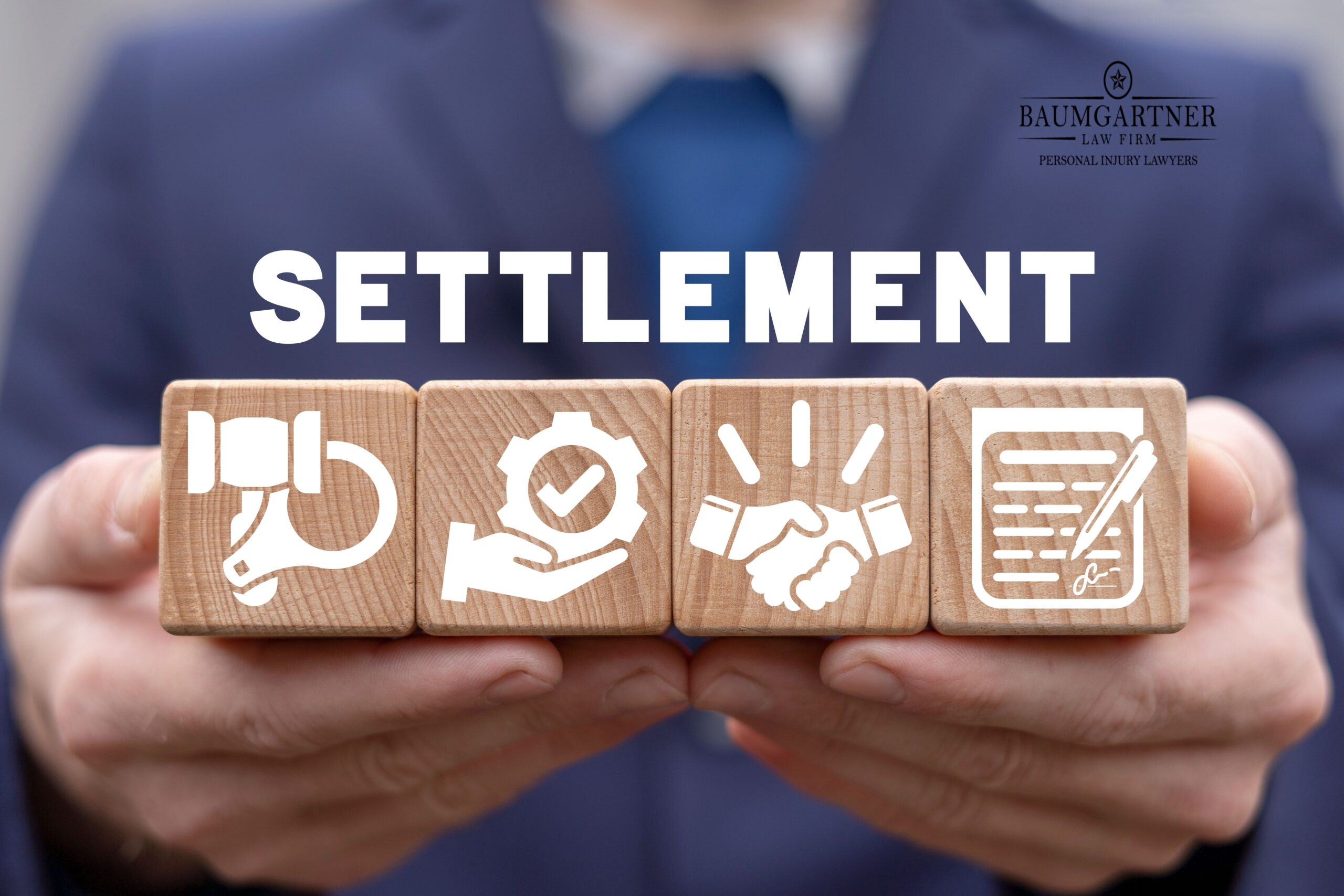Each state has its own rules of evidence, and relevancy is one of the most important rules of evidence in Texas and throughout the nation. The relevance of evidence in a personal injury case in Texas is crucial. As a 40-year veteran Texas personal injury lawyer, I know the relevancy rules play a vital role in every personal injury lawsuit.
However, most people hurt in accidents do not understand how the Texas rules of evidence impact their cases.

Texas Rules of Evidence in Personal Injury Cases
Rule 401 of the Texas Rules of Evidence defines relevant evidence:
“Relevant evidence” means evidence having any tendency to make the existence of any fact that is of consequence to the determination of the action more probable or less probable than it would be without the evidence.”
The Rules provide in Rule 402 that all relevant evidence is admissible, except otherwise provided by the Constitution, statute, the rules of evidence, or other rules. Evidence that is not relevant is inadmissible.
Two-Pronged Test for Relevance
There is a two-pronged test for evidence to be admissible as relevant.
First, the evidence must be relevant, and second, it must be material – in other words, important to the essence of the case. Whole treatises have been written on the definition of relevancy and admissibility in personal injury lawsuits. Most issues with relevance arise when an indirect fact is asserted to prove something in a case that is circumstantial.
An example would be if a person has a history of intoxication and was in a car accident. If the person were not drunk or drinking at the time of the accident, the court would probably not let the jury hear of the prior drinking problems because drinking is not relevant to the cause of the crash.
However, in our example, if the person was accused of driving drunk and causing an accident, a judge might allow the jury to consider some circumstances of prior alcohol issues.
Exclusion of Relevant Evidence in Personal Injury Cases in Texas
In Texas, Rule 403 provides that, in some instances, relevant evidence can be excluded based on particular grounds. In some instances, even though evidence may be relevant, if the judge finds that its probative value is substantially outweighed by unfair prejudice, confusion of the issues, or the risk of misleading the jury, among other reasons, the court can properly exclude the evidence. This means a judge thinks the evidence is on balance, not something they want the jury to consider.
Rule 403
Rule 403 is a method used to maintain the fairness of a trial. Some material is so prejudicial that the facts may inflame the jury and not be that critical for proving the case. Examples of excluded evidence in Texas include evidence of marital difficulties and domestic violence in a personal injury lawsuit or the plaintiff’s love life when the plaintiff did not raise the spousal relationship in damages.
Rule 404
Rule 404, the Texas Rules of Evidence, provides that character evidence is not admissible to prove conduct. While there are exceptions to the character evidence rule, generally, the evidence is not admissible to prove an action based upon prior occasions except as provided in the Rule.
Rule 404 is used to prevent undue prejudice and distraction from the central issues in the case. Trial lawyers and judges have developed case law regarding relevance over many years. The intention is to streamline a case to allow what is necessary to prove or refute an element of a cause of action and preclude matters that are, by and large, collateral to the elements of proof.
For instance, if a person had been previously charged with a DWI but was not drunk at the time of the car wreck, the prior incident should not come into the trial.
Rule 407
Rule 407 provides:
Subsequent Remedial Measures. When measures are taken that would have made an earlier injury or harm less likely to occur, evidence of the subsequent measures is not admissible to prove:
* negligence;
* culpable conduct;
* a defect in a product or its design; or
* a need for a warning or instruction.
However, the court may admit this evidence for another purpose, such as impeachment or, if disputed, to prove ownership, control, or the feasibility of precautionary measures. The need for community safety is the basis for Rule 407. In other words, the law encourages making things safer and not punishing a defendant for taking steps to rectify a bad situation and prevent other accidents.
If a defendant fixed an unsafe situation, Rule 407 prevents the information from being used against the defendant unless the defendant has raised issues that make the remedial repair relevant.
An example would be if a defendant added a safety feature after a construction accident to prevent other accidents. Generally, that would be inadmissible. However, if the defendant claims the safety feature was present during the accident, the evidence of its addition later should be admitted.
Or if the defendant claimed it had no right to remedy the dangers, that evidence should be acknowledged when it was presented.
Relevance Rulings are Hard for Non-lawyers to Understand
It can be difficult for a personal injury victim to understand that the jury does not get to hear everything that may be damning about a defendant. The rules of evidence cut both ways, and case law has been developed over many years.
Some accident victims seem to believe that any negative information about a defendant will help them win their case, unaware that the judge will exclude “irrelevant” facts.
Alternatively, much about the person bringing the personal injury or wrongful death lawsuit can be kept out of the trial as irrelevant.
Consulting with a personal injury lawyer in The Woodlands, TX, can help you understand the law.
Have Questions About a Personal Injury Case? Call Baumgartner Law Firm
If you have questions about a personal injury case in Texas, please contact our Houston office for a complimentary case evaluation.
Baumgartner Law Firm
6711 Cypress Creek Pkwy, Houston, TX, 77069
Visit our Houston Law Firm
Related Resources:













